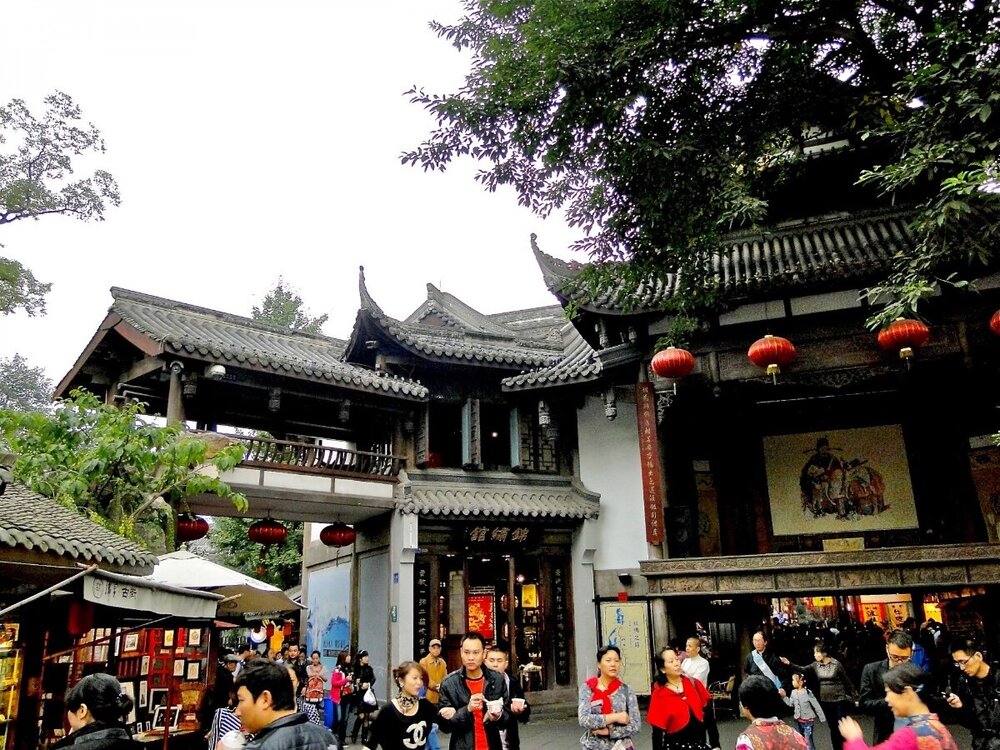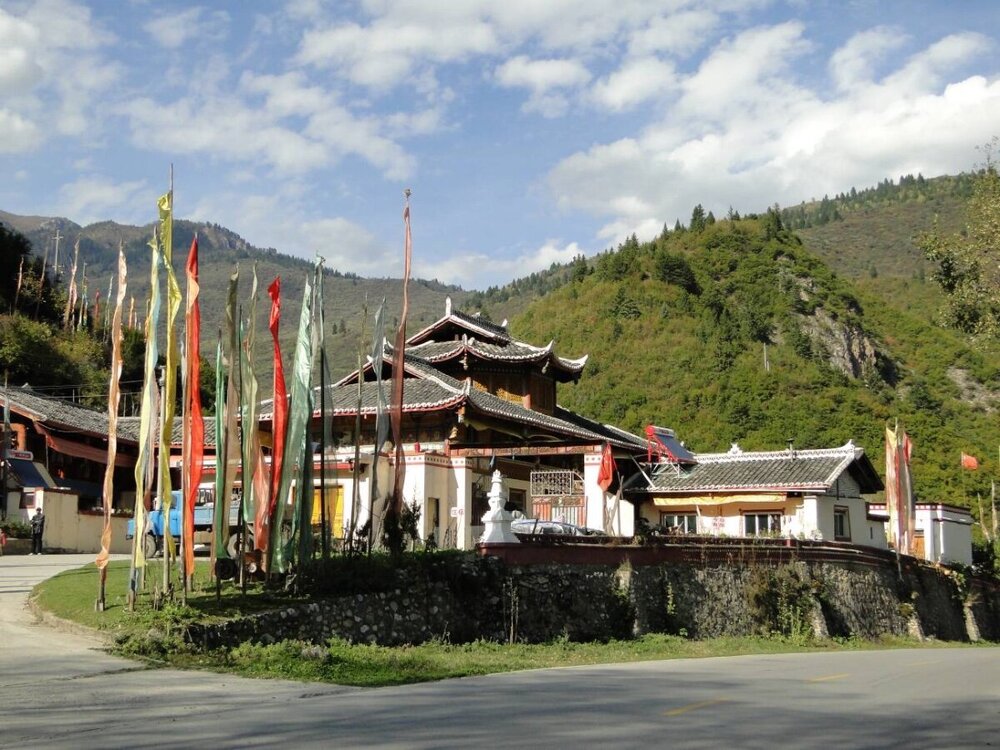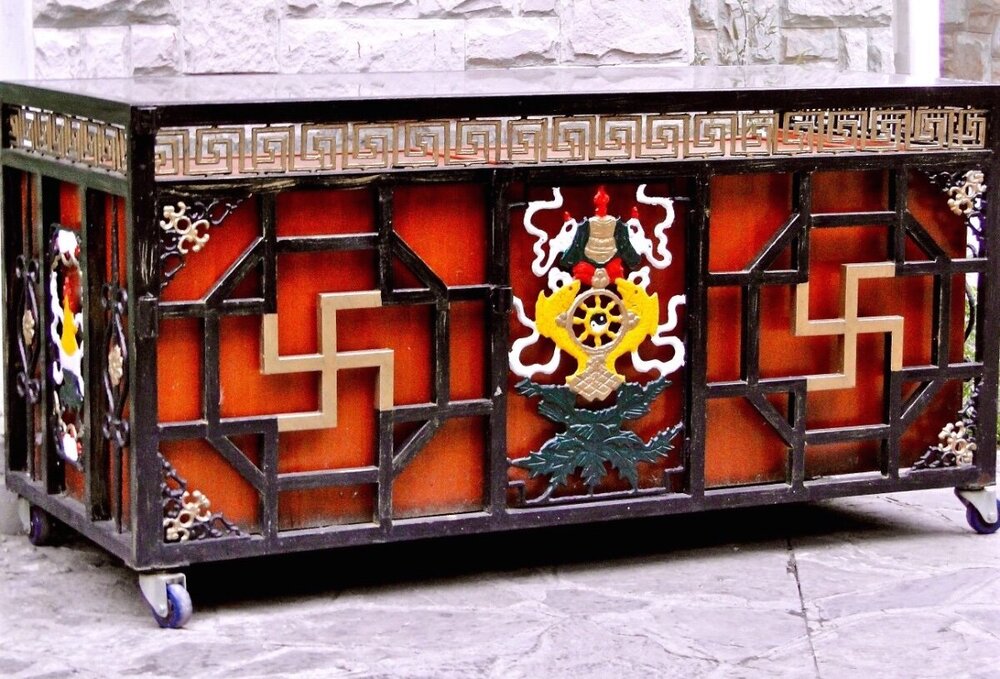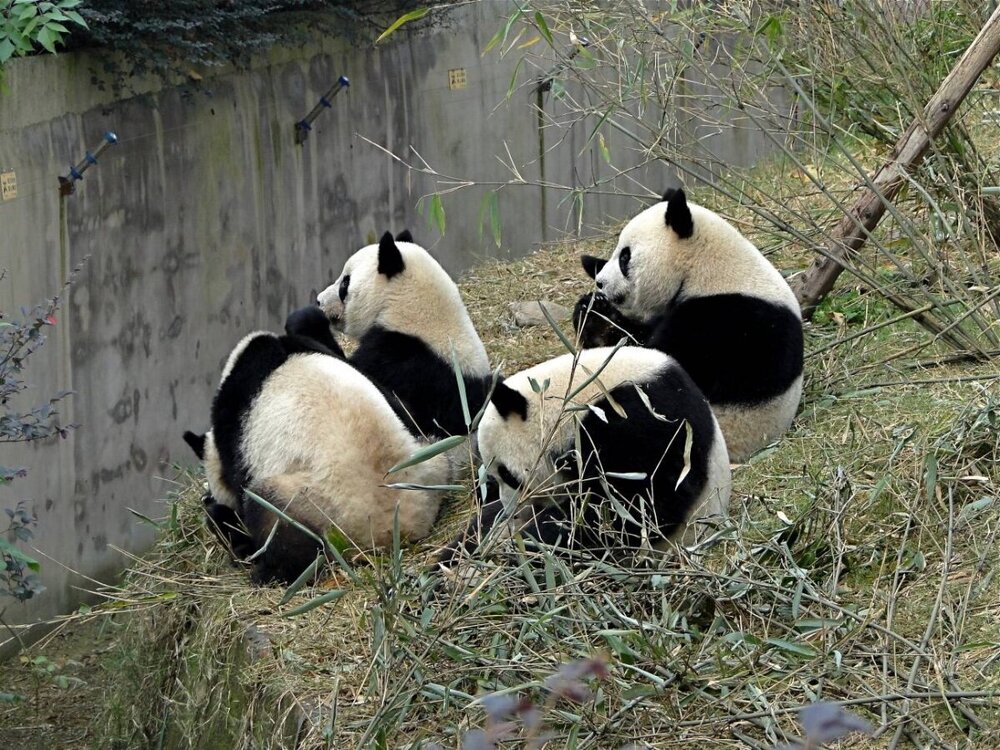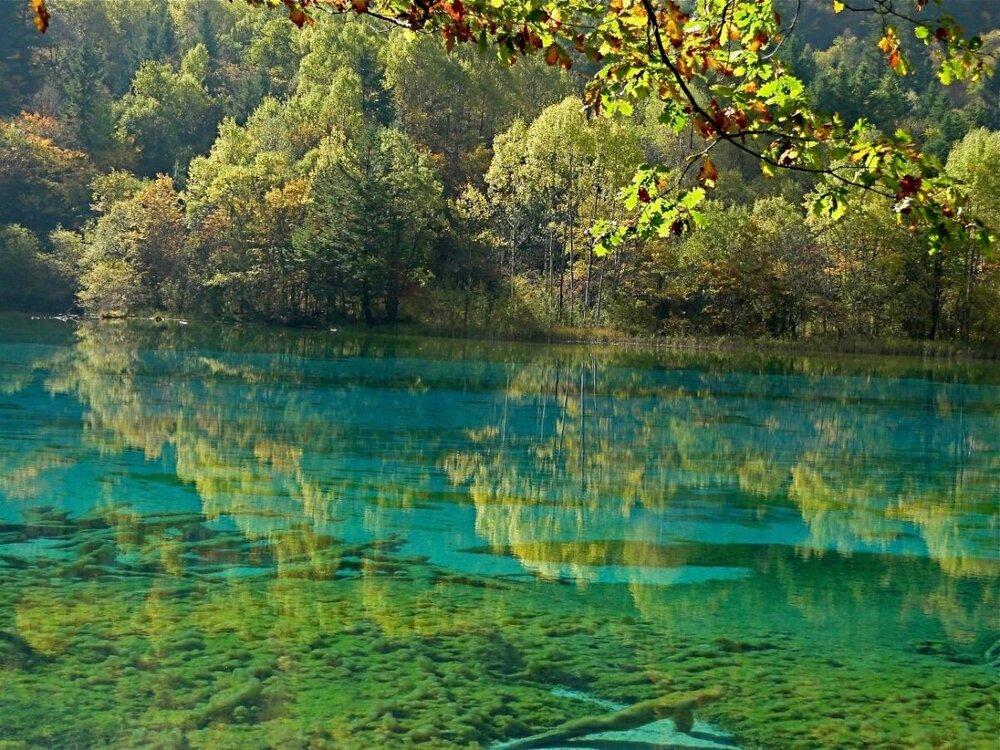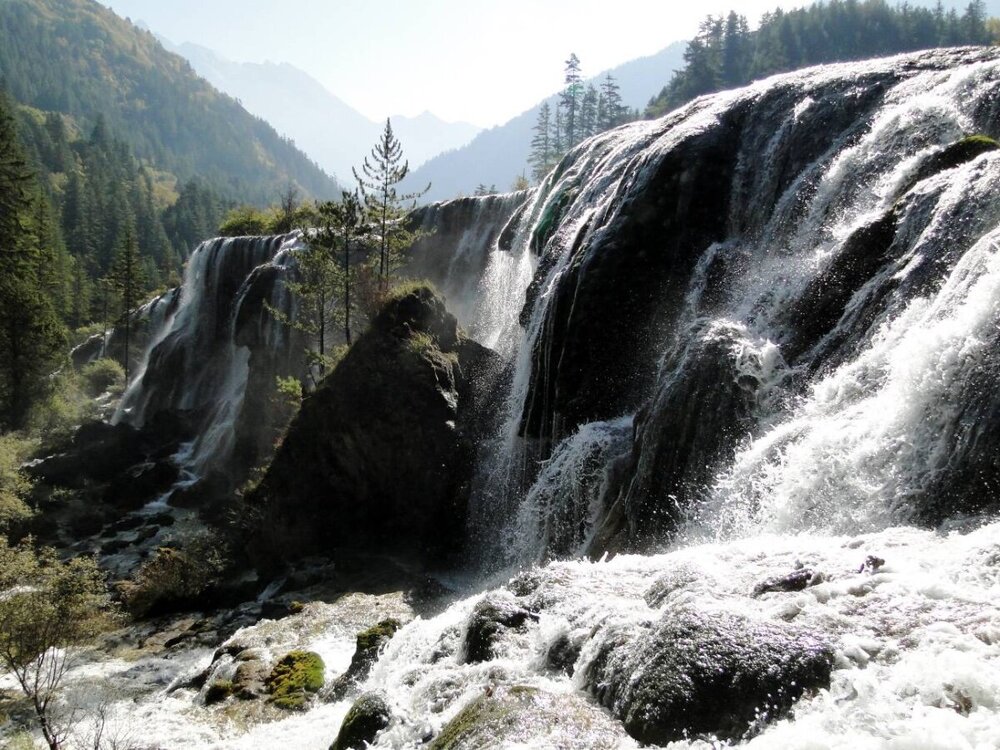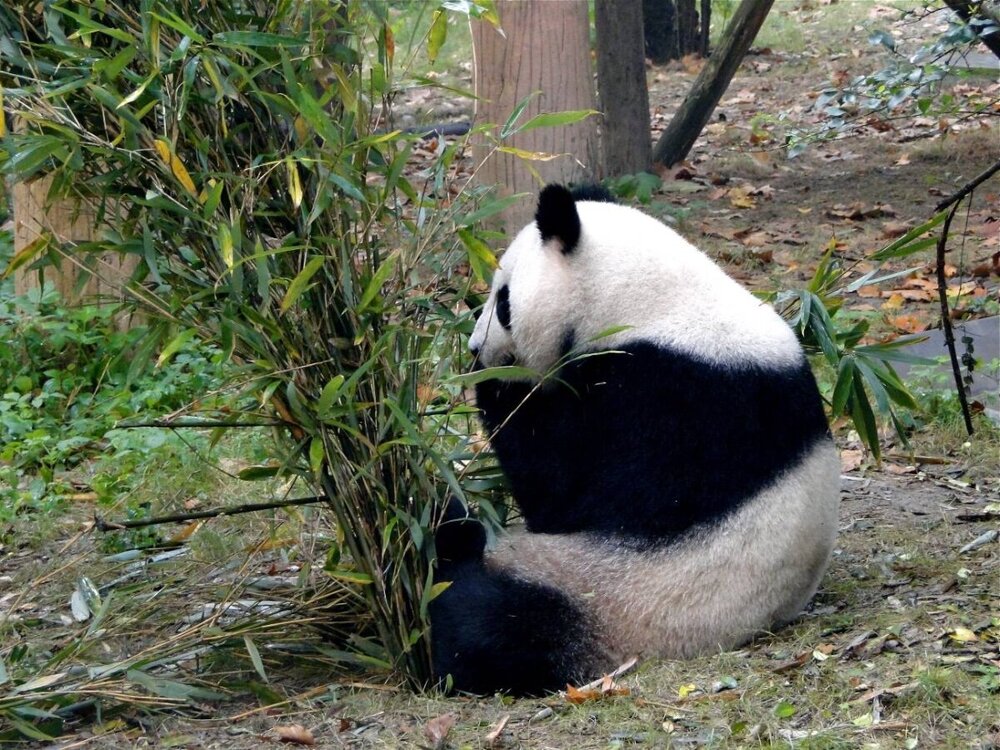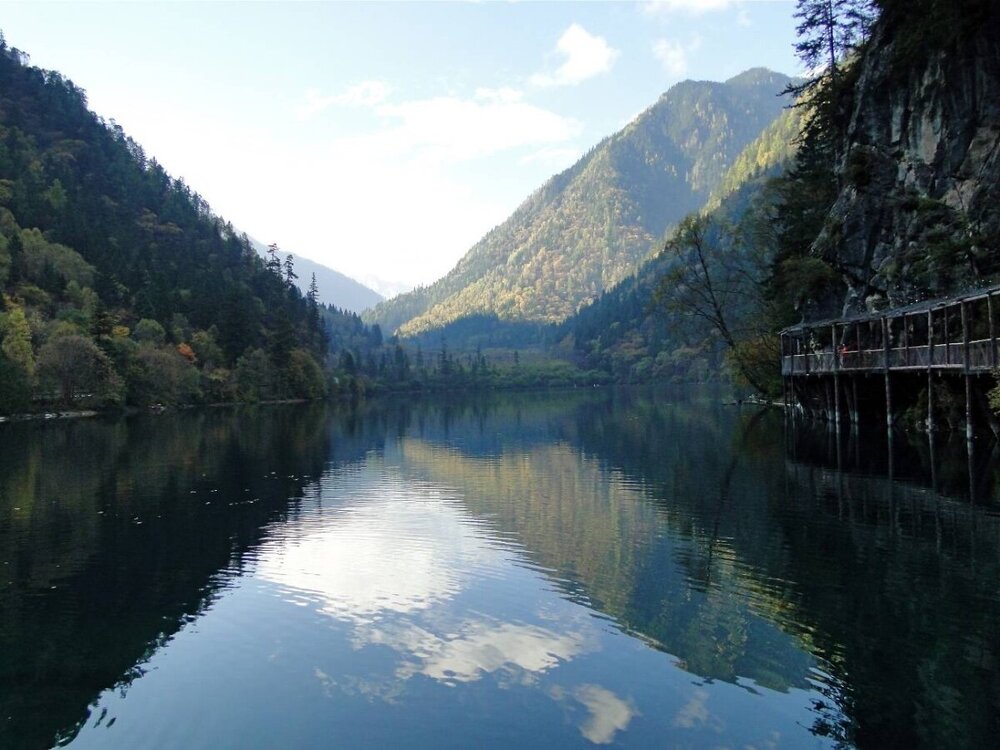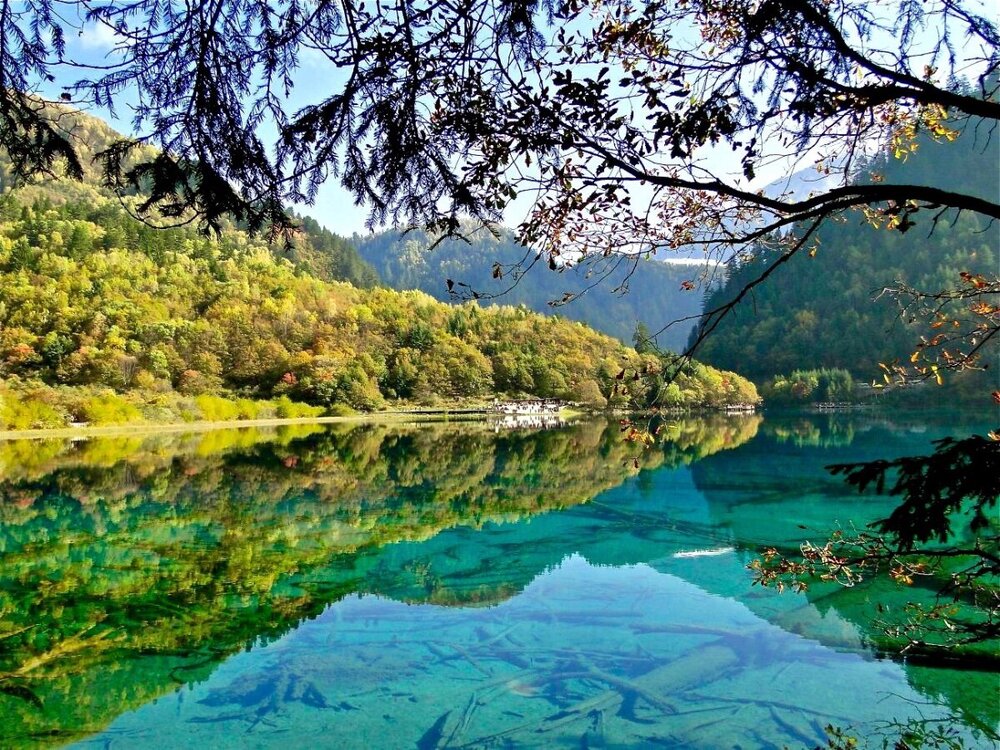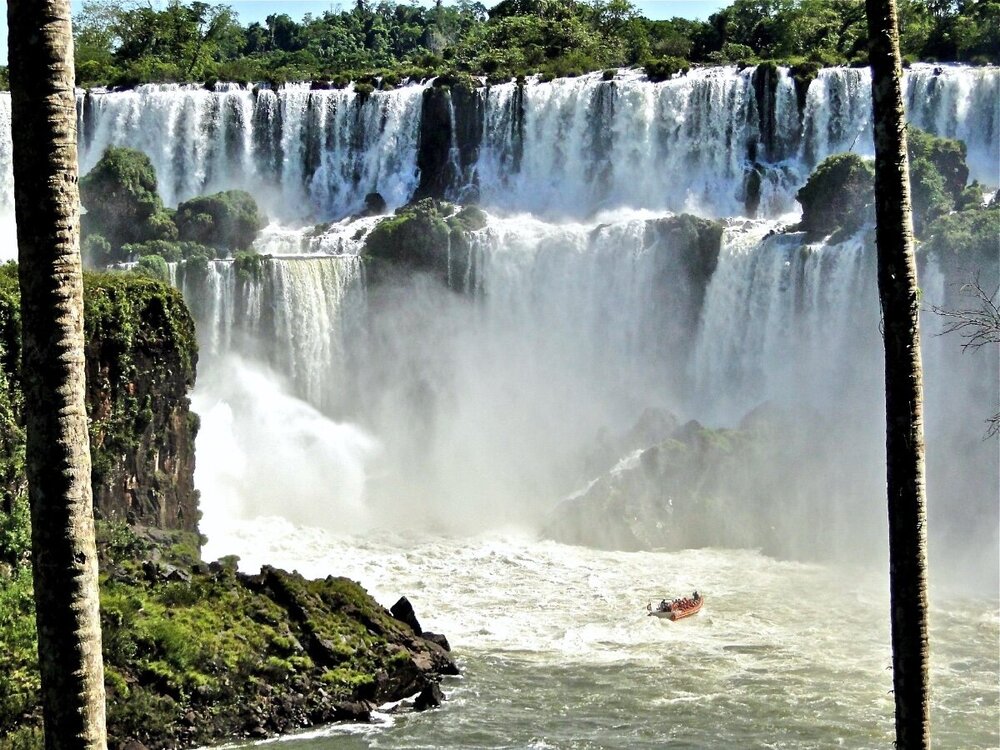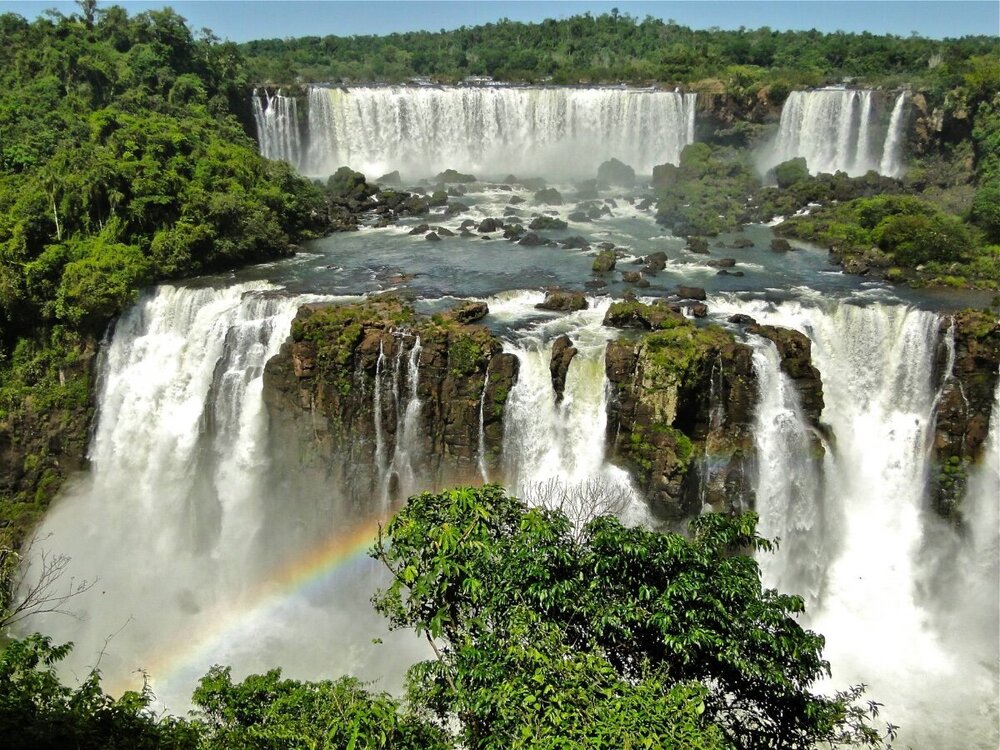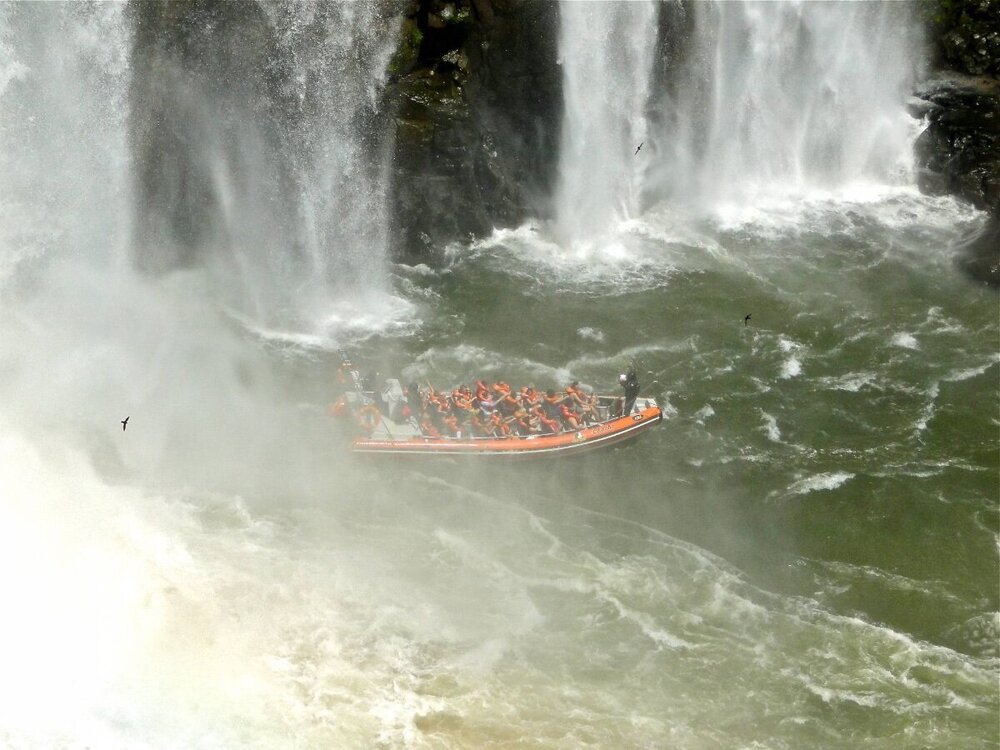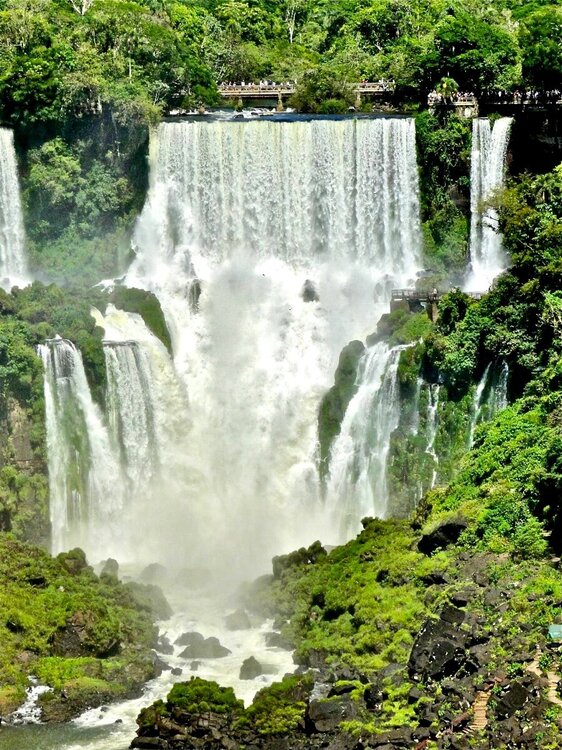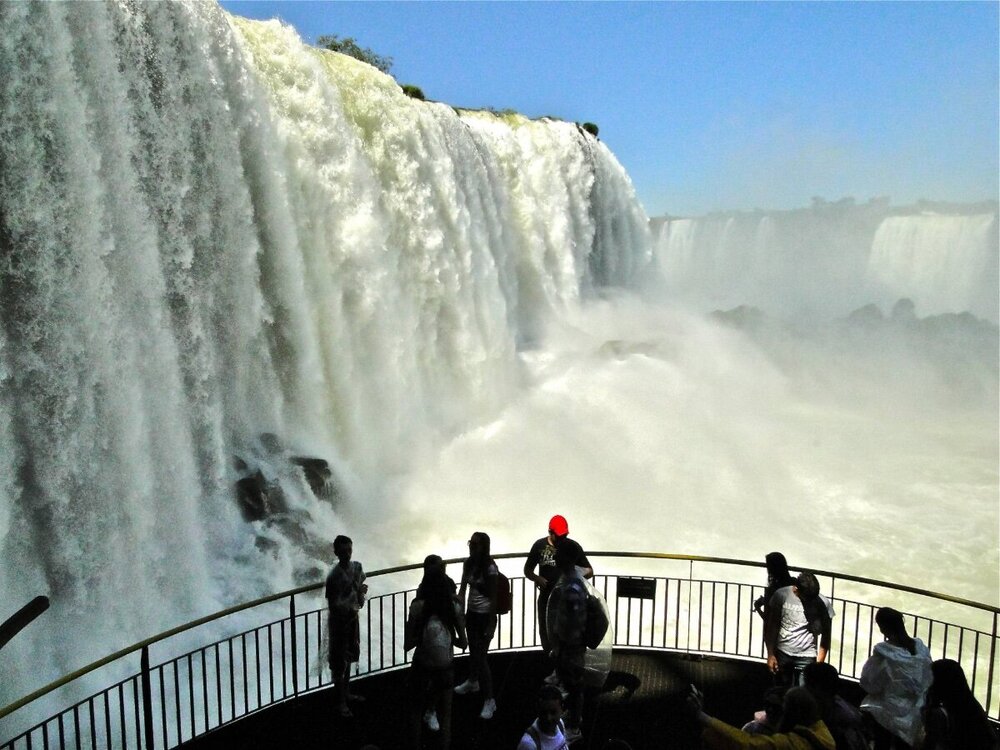
PeterRS
Members-
Posts
4,965 -
Joined
-
Last visited
-
Days Won
325
Content Type
Profiles
Forums
Events
Everything posted by PeterRS
-
A couple of interesting points from the discussion in the link. 1. As Dr. Morgentaler points out: "When testosterone is low, it means the testicles aren’t producing an adequate amount. That can lead to all kinds of signs and symptoms including: lower sex drive, erectile dysfunction, fatigue, brain fog, loss of muscle mass and strength, more body fat, weight gain, breast growth, sleep problems, mood swings, weak bones, and fertility problems." 2. I am really srprised that at no point is another possible reason for low testosterone levels mentioned. It has been thought by many in the medical research profession for years that constantly wearing tight underwear or tight jeans could have a considerable negative effect on testosterone levels. As one journal reported - " . . . it is thought that excessive heat and pressure caused by tight underwear may contribute to reduced testosterone production. The testicles, where testosterone is primarily produced, are more sensitive to temperature changes. When the temperature in the testicular region increases due to tight clothing, it may disrupt the normal functioning of Leydig cells, which are responsible for testosterone production." Although nothing has yet been proved conclusively and more controlled studies are necessary, many now believe the above may well be true. https://medshun.com/article/does-tight-underwear-affect-testosterone
-
@Olddaddy - what happened to the idea of your owning a bar in Pattaya?
-
I suspect that is merely wishful thinking. Isn't the Thai way of coping with reduced income to raise prices, not reduce them to encourage more business? Around 12 years ago on this forum, I extolled the virtues and products of the British Pie Shop not far from Sathorn. It even made Green Curry pies (very tasty) and a host of sinful dessert pies. A year or so later it had to close in that location when the landlord upped the rent. I frequently pass that area and noticed yesterday that in all the time since the Pie Shop had to leave, it has remained completely vacant! It is not in a section of the soi that would be redeveloped for condos or whatever. So the property owner has lost roughly 11 years of rent when the Pie Shop could have remained at least for a few years more. That's the Thai way! There are still various pie shops around when searching the internet. But all different from the one I used to patronise. I assume it must have gone out of business.
-
To enlighten @Ken76, the PFC stands for the Pattaya Flying Club. No, it does not teach you to fly an aircraft, although some who have participated might have had far too much acohol and assumed they could fly solo. It basically means depression-related suicide by jumping off a balcony. Generally, I suggest it is near madness to consider retiring anywhere unless you have a pretty good knowledge of the country/area. Just because some countries have a reputation for being gay friendly should not make it the reason for investing in retirement there. I suggest @Olddaddy's earlier post has several very pertinent points you have to consider (although I got the impression from your OP that your boyfriend is not in fact Thai - if he is, then that changes things somewhat). There are lots of Americans in Thailand, more than a few are gay and have Thai boyfriends. As a gay couple you will be welcomed, but key to that as @bkkmfj2648 pointed out above is you respecting Thai people, their culture, customs and religion. This is their country - not America. So you have to adapt and respect them rather than the other way around. It would be interesting to know if you have visited Thailand before - or indeed any Asian country.
-
Remembering the self-combustion problems on the then new 787 Dreamliners resulting from Boeing's use of lithium ion batteries, as well as the UPS cargo 747 which crashed in the UAE when lithium batteries in the hold started a catastrophic fire, I am not surprised. Yet at the same time I remain amazed that airlines still permit the carriage of items like litre bottles of booze. These can cause death if a passenger decided to go on the rampage. Unlikely I know - and I do not think it has yet happened. But with air rage on the increase . . .? I realise airport managers would scream if they were banned. Yet, purchasing on arrival prior to customs checks is quite common at some airports. Although not at BKK any longer. On arrival in mid-March i noticed that the small Duty Free shop had disappeared.
-
Digesting @macaroni21's comments, I can see how he comes to the conclusion re the USA maintaining its importance geographically perhaps through the end of this century. The same was to a certain extent true with Britain. It seems to me a fact that the end of previous 'empires' has almost always resulted from a rot starting from within. But whereas China, the Ottoman Turks and to a certain extent Russia, for example, had all collapsed largely because of their inability to adapt to a changing world, Britain had to give up its empire for a variety of reasons with the rot starting 70 - 80 years prior to World War II. And I think from @macaroni21's post it is clear that the rot has surely already started within the USA. How long it can maintain its international status no doubt depends to a large extent on the mass of its own peoples and what other empires might rise as the century progresses. I suspect we all agree that, even though it is presently tackling some pretty horrendous economic problems, China has the ability to become the world's only superpower. Whether under President Xi's successors it will wish to take that role, though, is in my view doubtful. Put as simply as possible, the British ruling elite had for centuries been the land owning aristocracy. Thus parliament was elected from the votes of only a few hundred thousand land owners, all of whom felt they had some divine right to rule and were themselves very rich as a result of their huge land ownership. With the industrial revolution and the wealth derived from colonialism on a grand scale (at one time 25% of the known world was effectively British), the new mercantile class allied to massively increased urbanisation wanted its voice heard in the country's governance. Through a series of laws and taxes introduced over the middle 50 years of the 19th century, the wealth of the aristocracy was seriously diminished. Parliament had reduced the property thresholds required for elections thereby increasing representation from other classes in society. Britain still remained rich but relatively less so. There is a famous quote from the hugely wealthy British mining magnate, Sir Cecil Rhodes, who had moved to South Africa towards the end of the 19th century and after whom Zimbabwe and Zambia were initially named as Rhodesia: "To be born British at the end of the 19th century is to win the first prize in the lottery of life." The times, though, were already changing. By then only 18% of Britons had the right to vote. In the new century, the electoral franchise was extended to cover all males over 21 and soon all women. The First World War soon wiped out a large proportion of the aristocracy's first sons, those who historically inherited the family landed estates. Many of these were subdivided amongst other siblings, thus reducing their wealth. The income from estates fell and the death of so many during the war resulted in a major shortage of servants vital to running their massive country houses. It was a slow nail in the coffin for the aristocracy. Many stately houses were pulled down between the wars, their owners simply unable to earn enough from the land and to pay estate duties when passed from fathers to sons. To cap it all, Britain had to borrow massive amounts to finance its participation in the two World Wars. By 1945 Its debt exceeded 200% of GDP. Throughout the 1950s and 60s Britain had a tiered system of taxation and many paid a top rate of 97.5% on a large portion of their income. Financing an empire was totally impossible, although the wartime Prime Minister Winston Churchill believed part of it could be saved. What might have happened without the two World Wars, we can only take a wild guess. But it's a silly question because the pieces on the international chess board were moving in a way that made those wars inevitable.
-
One of the most perceptive, hugely intelligent posts ever seen by me on this forum. A great big thank you!
-
It's a lousy time to visit Hong Kong. Hundreds of thousands of Hong Kong Chinese return to their ancestral homes on the mainland for family gatherings. A large number of expats of all ages also leave the city for short holidays around the region, mainly because Hong Kong is pretty dead at that time. I definitely fall into that category! Moved there in 1979 when Hong Kong still had the mid-1800s colonial anti-sodomy law. Every year the government jailed 2 or 3 guys for a couple of years for homosexual offences. All that did was keep everything under the surface. A lot of men near the top of the government and in major businesses still had their Chinese boyfriends. So it remained a very cruisy city. Provided one took a small degree of care, meeting guys was easy. There were a couple of gay bars - Dateline in a small street near Central on the Island and Waltzing Mathilda in Kowloon. But the police anti-gay squad kept a close watch on each. Dateline was accessed by a long staircase to the basement lit by a bright floodlight. At first I thought it was a kind gesture by the bar to ensure no-one slipped and fell. Only later did I realise that the cops had rented the flat opposite and photographed everyone going in and out! Waltzing Mathilda was known as a triad hangout and one of the barmen was a police informer. Soon after my arrival a gayish disco Disco Disco opened in the Lan Kwai Fong area and this became hugely popular. On each side of the harbour was at least one bath house which became known as semi-cruising spots. Earlier, in the mid-1970s, the government had realised it had a problem with gay men in high places. Allied to excessive corruption often involving top government officials, it set up a totally Independent Commission Against Corruption with its own police and judiciary. This ICAC became very popular with the public at large and a number of top officials decided the time had come to disappear. The gay Chief Justice at the time had the nickname 'Brenda'. A top policeman fled to Britain for having wealth beyond his means. He was extradited and jailed. I won't go into the 1980 death of the police inspector John MacLennan 'suspected' of being gay as I already covered this in an earlier series of posts. This caused an almost volcanic eruption both in government circles and with the public. Many were certain MacLennan had been murdered because he had seen too much in police files that would have incriminated many top people. This was Part 2 of the 5 part series I wrote almost 2 years ago about how this ended up changing Hong Kong for gay people for the better. The important thing for gay people is that over the 1980s public opinion on scrapping the anti-sodomy law grew very considerably. When it became time for Britain and China to agree on a Hong Kong Bill of Rights in 1990, this finally swept away the ancient law. I can't say the floodgates opened, but I recall going to the first gay sauna the following year. It was located in Paterson Street near Food Street. Eventually the number increased and covered much of Hong Kong island and Kowloon. But Hong Kong never became like Bangkok or Pattaya. Gogo bars did not exist. Some bars opened, mostly quite small, and a number of saunas on both sides of the harbour. Anyone who visited around that time will remember arguably the most popular bar/dance club on the Island, Propaganda which changed its name after some years to Works. The biggest sauna on the Island was and remains Gateway in Wanchai (I seem to recall that its first name was GB, but am now not 100% sure). The smallest was and remains CE close to the Central Escalator just off Cochrane Street. Although tiny, it was usually a good place for westerners to meet young Chinese. It was my regular for a few years. I particularly recall one time meeting up with two tall, young, aggressively cute Chinese guys who had come to Hong Kong for a weekend of shopping and sex. We had a ball. Another visit I had a great time with a guy who worked for the Immigration Department and we became friends for a while. But weekdays were mostly hit or miss. Late afternoons at the week-end there were more patrons. On Kowloon, Hutong remains THE sauna to visit. Re bars, in addition to FLM, there are a couple of other bars in the Sheung Wan district, but I have generally found these to me more Chinese for Chinese. Fun to visit, but hook-ups unlikely. Like many cities, in Hong Kong the apps have taken over with a lot of young Chinese guys happy to hook up with much older westerners.
-
Just to add to this point, Chengdu has 14 official universities and a further 7 official colleges of some other disciplines. In other words, a huge number of students. Even though I was living closer to the outskirts of the city than the centre, not one of the guys I had the joy of meeting would accept any money for transport. I did enjoy dinner in the hotel with one which naturally I paid for. I wished I could have stayed for a few more days. Chengdu is also a great cultural centre. This is where the wonderful Panda Breeding Center is located where you can see 50 or so of these wonderful creatures, including the rare brown pandas. 90 minutes away is the famous Giant Buddha at Leshan, often cited as one of the wonders of China. Further away and accessible by bus or a short flight is the stunning Jiuzhaigou National Park. If you arrive by air, make sure you have your camera on your lap because the views in the minutes before you arrive at the airport are breathtaking. Sadly mine was in my backpack n the luggage locker. The runway itself is carved out of the top of a mountain and is in itself amazing. The National Park covers two valleys. Go early in the mornng. From the entrance, minibuses drop you off at the main valley at a level of around 4,000 meters after which it is easy to slowly amble down taking in some gorgeous natural wonders. If you are peckish, the cruising minibuses will take you down to the entrance where there are large restaurants and then back up afterwards. The Park suffered major damage in the 2017 earthquake. It was partially reopened the following year and has now been restored to its former glory. The Park is also home to 7 Tibetan villages. But do not attempt to go during or close to one of the country's national holidays when everywhere in the Park is crammed with Chinese!
-
Who know where can i find 😆nearby Rop krung and Charoen krung ?
PeterRS replied to aaadrian2's topic in Gay Thailand
I have lived in Hong Kong and Bangkok for more than 20 years each. I have absolutely no idea what the Hong Kong people meant! Charoen Krung is a very long road of 8.6 kilometers. The only Rop Krung I have heard of is the canal Khlop Rop Krung. I believ this is the old name now given to Klong Ong Ang and Klong Bang Lamphu. Klong Ong Ang is now known as a cultural tourism hub. There is an area relatively close to both and not far from the Royal Palace. There used to be Thais who were freelancers who would cruise there, but this was very much at your own risk, especially if you are a newcomer, do not know the area and do not speak Thai! And difficult unless you have a car. Not sure if this is still a cruising area but I expect this may be what your Hong Kong friends meant. Personally I would totally avoid that area. Stick to the known gay areas of Silom and Suriwong. -
Thank you for a fascinating investigation of the real issues. In the late 1980s I read what was then a new book by the Yale University economist Paul Kennedy. "The Rise and Fall of the Great Powers : Economic Change and Military Conflict from 1500 To 2000" looked in detail at which countries had been "great" powers during that time and the reasons why they ceased being "great". Kennedy's essential premise was that as any country becomes larger and larger, particularly through colonialism and military might, it has invariably found the cost of that military might becomes too great for the country to afford through taxation of its people and those in its overseas colonies. Military overstretch is the term he uses. As other countries have developed their own military strength, so then has it become necessary for the "great" power to continue to invest more and more of its tax revenues in new and more modern military equipment. "Great" is not a given. It is a term relative to what other countries are doing or are capable of doing. Only if the overall tax revenues increase can the country continue at the top of the international tree, as it were. With the USA having reduced its relative tax revenues over the years by not taxing the rich at the levels paid by ordinary folk and yet at the same time devoting more and more funds to increasing the size, capability and international reach of its armed forces, Kennedy concludes that its term as a great power must inevitably wane. The fact is that the USA's national debt has increased massively since 1960. Only during President Clinton's Presidency did it fall significantly, particularly during the last four years of his term in office when the USA's GDP was actually in surplus. In those years the deficit to GDP ratio also fell to under zero. Instead of building on that, one of George Bush II's first actions was to give away - mostly to the already rich - all the savings under Clinton. Trump 1's final year in office showed a more than tripling of the debt and a similar increase in the debt to GDP ratio (although in fairness it has to be pointed out that this was the first year of covid). In the fiscal year 2024 (i.e. the year ending September 30), the US government spent $1.18 trillion more than it received in revenues. The country's national debt then stood at $35.46 trillion, or 125% of GDP. That amounts to $271,577 of debt for every tax payer and that debt has to be serviced through issuing government bonds. (The figures just quoted are from the US Monthly Treasury Statements). In October 2024, Maya MacGuineas, president of the [non-profit group] Committee for a Responsible Federal Budget, said that is equal to borrowing about $5 billion a day . . . We’re borrowing nearly double the amount we borrowed annually before the pandemic, and this is projected to grow indefinitely,” she said. “This is no way to run a country. In fact, the way we have been running the country is we don’t pass budgets; we don’t pay for new policies; we don’t address our major entitlement programs, which are facing insolvency; and we tolerate the two major presidential candidates competing over who can promise to give away more.” Kennedy's book has some flaws, but not many. For example, he failed to predict the end of the USSR, as did most economists of the day, but does outline the huge problems it faced. In general, though, his analyses are spot on! If the USA is effectively to reduce its National Debt, its existing military outreach has to be addressed. Were that to happen, it would be a much greater shock to the world than any number of tariffs. In our part of the world alone, Japan, South Korea and Taiwan would just be some of the countries to become massively concerned! It really would be a great service if Kennedy could update his book to cope with modern day realities.
-
The new, but already desperately late, 777X is as bad. Parts of the exclusive GE engines are made in Italy, the folding wing tips in Germany and France, the doors in Vietnam, parts of the landing gear in Japan, the UAE some of the composite parts, the horizontal stabilizer in China, the company responsible for the interior layouts and seating has 150 sites in 25 countries including the UK meaning many arrive just in time for assembly in the USA. Rudders for Boeing jets have been made in Australia for many decades. A tariff bonanza for someone!!
-
On another slight sidetrack, I remain ashamed that in the second book I had published the primary proof reader - me! - and a couple from the publisher's totally failed to miss a glaring error and it remains there for all to read. In talking about a leading figure in the Decca Record company, I wrote that she was primarily responsible "for pubic relations"! 😒😧
-
Trump's 44% tariff on Myanmar is absolutely outrageous! I could say the same about the tariffs on Vietnam, Cambodia and Laos, but at least they have not been fighting a multi-decades long civil war with a junta that cares nothing about the lives of ordinary people. Nor have their countries suffered the most devastating earthquake in years which Trump's policy has resulted in aid from the USA being held back. Shame on him!
-
Gay Pattaya man found dead under bed, gold necklace missing
PeterRS replied to zombie's topic in Gay Thailand
You forget + - etc. LOL -
I visited almost 15 years ago. I remember as the plane was arriving at Foz Do Iguazu it was almost impossible to see anything of the Falls in the distance due to the spray which forms over them. But it was at some distance away. I did not do either the water or helicopter tours (was not even aware of a helicopter tour then!). But the views of the Falls from both sides were certainly one of the world's great sights. We were advised to see the Falls first from the Brazil side when the sun is at your back and you can see the entire panoply of this great wonder. You can also walk almost right into the Devil's Throat by a small walkway when we were given plastic macs to keep us more or less dry. From the Argentine side, there is a little train to get you directly to the Devil's Throat. On the day we were there, though, it was almost impossible to get on to it because there were just too many people in the queue in front of us. I believe the best time of year to visit is from around mid-October to mid-November. Rainfall is highest in the area in October and so the Falls are at their most spectacular. It's all so photgenic it's hard not to take hundreds of pics!
-
Gay Pattaya man found dead under bed, gold necklace missing
PeterRS replied to zombie's topic in Gay Thailand
Amd where will it end, I wonder? It's already too long in my view. -
Confirm use of substandard steel in collapsed high rise
PeterRS replied to reader's topic in The Beer Bar
The above issue raises another equally pertinent one. Given that the factory was shut for "other violations" in December, why did no Thai authority start testing its steel output immediately, rather than wait at least two months for a building to collapse and then start testing? Although we do not know what those violations were, everything produced by that factory should have been thoroughly examined. Of course, had imperfections in the steel being used for the State Audit Office been discovered, would any Thai official or official body have had the balls to make that known? Given that the bulding was nearing completion, my own suspician is that no one would have mentioned anything. Better that the building collapse, no matter the number of deaths, than it have to be slowly dismantled due to imperfections in the steel. TIT -
Gay Pattaya man found dead under bed, gold necklace missing
PeterRS replied to zombie's topic in Gay Thailand
I'm wondering when did the LGBT that we all started to get to know towards the latter part of the last century become LGBTQIA+? Since I am from the generation when being called "queer" was a pejorative term and one most of us loathed, I remain unhappy at the includsion of Q but fully accept later generations have no issue with it. I am perfectly happy with T. But what do I and A stand for - and why a + sign? -
Ah! Poor Davy Jones. The cutest of The Monkees died too early aged 67. I actually met him once. Decades ago in the UK there used to be a touring production every year of J.M. Barrie's "Peter Pan". The year Davy Jones was one of the Lost Boys. Through a friend, a group of us met him after the show and went to his hotel for drinks (I imagine given our youth, drinks of the non-alcoholic variety!). All I recall was that he was great fun and aggressively cute! Re "Peter Pan", there is an amusing story of one of those annual productions. This one was directed by the former Australian ballet dancer (and a very fine one, I should add), Robert Helpmann - later Sir Robert. At a technical rehearsal, he had by his side at the production desk one of the great lighting designers of the day, Charlie Bristow. At the point in Act 1 when the windows have to completely open to let Peter fly in, Helpmann was not happy with the look of the sky. I should add that Helpmann was very gay and had a slightly fey way of speaking. Bristow on the other hand was aggressively straight and spoke with a deep voice rather like a parade ground sergeant major. Allegedly the conversation went something like this. RH: Charles, I think we need to do something about the sky. What would you think about adding some clouds? CB: Yes, Robert. I think that is an excellent idea. What kind of clouds would you like? RH: I'm not sure, Charles. What would you suggest? CB: Well, Robert, I would suggest we need some poofy clouds. RH: Excellent Charles. Give me some poofy clouds please! Another story about Helpmann was when he was doing something at the Metropolitan Opera. Walking across one of the large avenues on Central Park South, he was not aware that he had dropped his umbrella. The big burly New York cop on duty shouted after him, "Hey, fairy! You dropped your wand." At this, Helpmann looked at him, picked up the umbrella, waved it in a sweeping movement across his face, and shouted, "Vanish!"
-
Trump seems to forget that this is 2025 - not 1913. Interconnected supply chains are everywhere now. They were not then. Besides, in 1913 the USA had just become the world's strongest economic power. It remains in that position, but add China, Japan, Germany and India as one block and you have an even greater economic power. Granted, these four countries all have their own economic problems at present. But together they are in a position to create a trade war that will likely end with either US consumers paying a lot more for many products which ultimately will hurt his electoral base - or Trump will once again be shown as the emperor with no clothes when he has to withdraw or significantly reduce his new tariffs. He also seems not to remember that the Chinese think in the long term - not in four year electoral cycles.
-
That is what you wrote yesterday. The WEST! Today you completely contradict yourself. You just wrote this - "4. Western Countries (U.S., UK, EU Nations) - Western nations have imposed sanctions on the junta and provided non lethal-aid to pro-democracy groups, but there is no confirmed direct military support to the rebels." Which is it? The West supplied weapons - or the West supplied no direct military support? I suggest you get your facts straight!
-
With many countries like China, Japan and even Germany having diversified their manufacturing to a number of different countries using part of end products actually made in more than a few, how does the USA plan to implement the detail of tariffs? Are Nike shoes made in Vietnam, China and other countries treated as American products or products from Asian countries? How will tariffs affect the price of cars in the USA where Mercedes, for example, have several factories? Will a Mercedes made in Thailand become more expensive than one made in the USA? How about the Boeing 787? It has 28 key parts made outside the USA. Will these parts be subject to tariffs?
-
And you get it wrong again! Since the 1962 coup, the west has not financed anti-junta forces. The problem was - there was no single or even group of local militias with anything like the possibility of overturning the government. And so the major "weapon" used by the west in Myanmar has been sanctions. At least until after the 2021 coup it has not financed local militias. There has been just one exception. Local militias in the small Kayin State, home to the Karin peoples, were provided with some helicopters and small arms to prevent what was thought might become an alliance between China and Burma and avoid the possibility of communism crossing the border into Thailand. In fact, it is a severe blemish on the west in general that the only time it even suggested assistance was during the brief period when Aung San Suu Kyi led the country. But this seeingly frail, brave beacon of democracy turned out to be a fallen angel. She is now distrusted by most Burmese - and loathed by quite few. To use the title of a 1970s movie which had nothing to do with the country, Myanmar is the land that time forgot. After WWII it was the first British colony to gain independence. Even after the assassination of General Aung and six of his cabinet, its first 15 years were relatively peaceful and productive. Around it, the huge continent of Asia was going up in flames. Wars and insurgencies in India (and as a result also in newly created Pakistan), China, Korea, Malaya, Vietnam, Indonesia, Laos, Cambodia and ultimately East Pakistan/Bangladesh drew worldwide attention, whereas no one in the west bothered about Burma.
-
I think it is partly a result of Thailand's history. Unlike all its neighbours, Thailand was never colonised. It used diplomacy to keep the British, the French, the Spanish, the Dutch and others at bay. Diplomacy frequently uses language that one side believes means one thing and the other, another. It is I think one reason why Thai logic is so difficult for non-Thais to understand. Another reason historically is it learned not to trust other countries who might have designs on its territory. Over recent centuries that has led, not a mistrust of foreigners in general but perhaps a belief that the Thais are best going it alone. Of course the world has changed massively since those days. Unfortunately, Thailand hasn't even with many major international corporations now based here. It has just become inbred into Thai culture.



